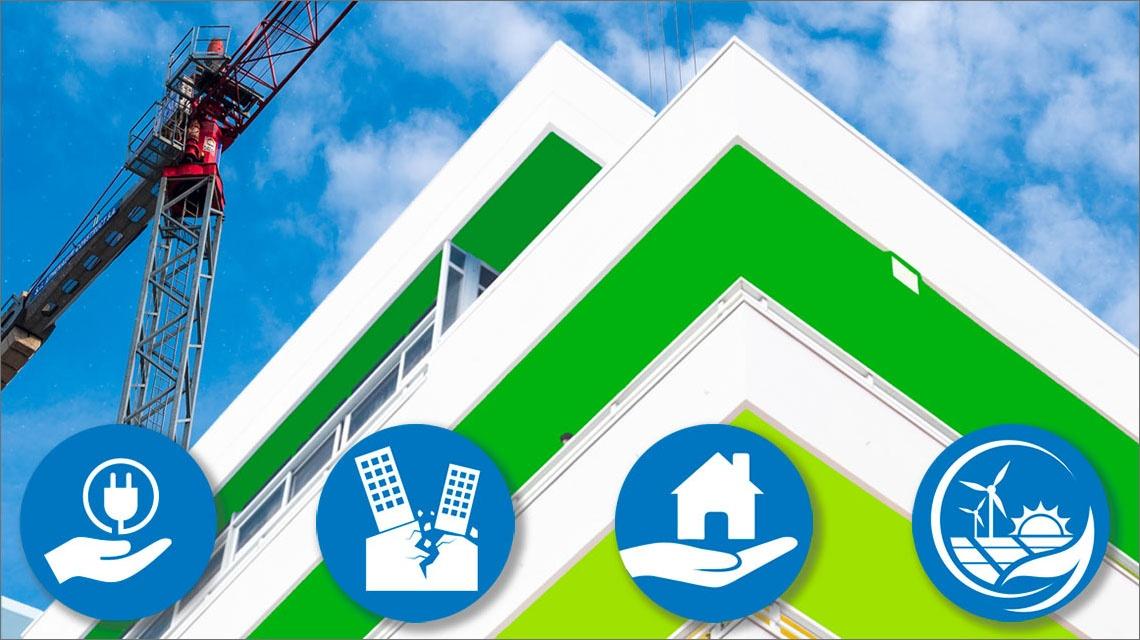Italian National Agency for New Technologies, Energy and Sustainable Economic Development

Construction: A new EU project for more energy-efficient buildings
Improving the efficiency of the European building stock through energy saving solutions, anti-seismic safety, living comfort and decentralized generation of renewable energy. This is the objective of the European project REHOUSE[1], funded with 10 million euro by the Horizon Europe program and coordinated by the Cartif Technology Center of Madrid, which comprises 25 partners, including ENEA, University of Basilicata, Rina Consulting , TERA, Steel tech, R.I. and Pedestrian Working for Italy.
Over the next four years, the project will develop innovative solutions for increasingly efficient, economic and sustainable building renovations, which will be applied to four buildings located in as many European countries (Italy, Greece, France and Hungary).
ENEA will deal with the Italian demo, a public housing building in Margherita di Savoia in Puglia, where the technological innovations developed jointly with the other Italian partners and supervised by the Puglia Region will be applied.
ENEA contributes to the project REHOUSE with the expertise of its Energy Efficiency Department, which will coordinate the technical activities, conduct the energy diagnosis of the pilot building and provide technical support to ARCA Capitanata, the Regional Agency for Home and Living, in preparing calls for tenders for the execution of the works and the Sustainability of Production and Territorial Systems department, which will asses the resistance of the concrete in situ and the indoor microclimate monitoring and analyse the life cycle of the environmental performance of the design solutions for buildings and prefabricated packages.
The solutions proving to be effective will be included in specific guidelines aimed at replicating the approach used to achieve two European objectives: doubling the current annual renovation rate over the next 10 years (approximately 1%) and achieving the 'zero emissions' goal by 2050.
Currently in Italy the residential sector accounts for about 30% of the final energy consumption and 12% of direct CO2 emissions, mainly due to air conditioning and domestic hot water. The energy consumption of the European building stock amounts to around 40% and accounts for 36% of greenhouse gas emissions.
